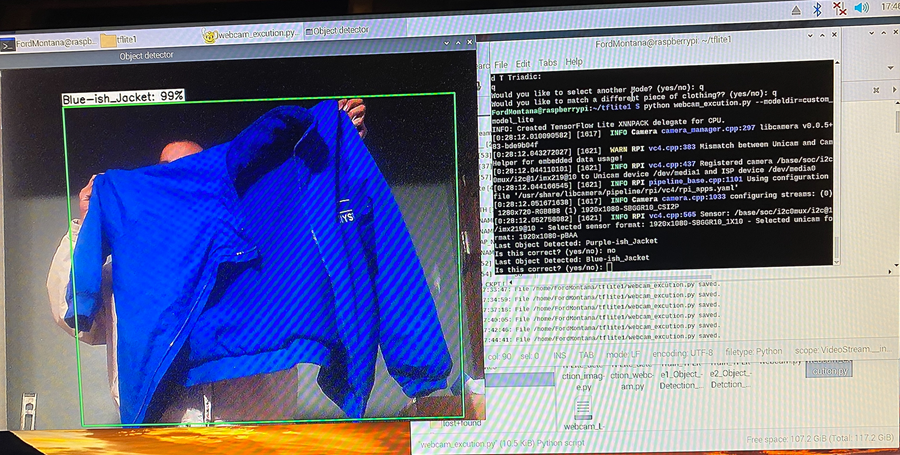I had a lot of fun writing out my capstone project and formulating everything together to connect it all. It had some low parts though. When I first began, my original plan was to mainly focus on politicians. I thought this would be more beneficial, as it would show how those who are supposed to oversee us are often the ones doing the most wrong but still manage to slip away. Eventually after some thought I decided to put politics on the backburner and try to research financial crimes. I thought this would have the best correlation because I am an accounting major, and I was fortunate enough to be exposed to some great people over the summer.
While interning at Stout, I met some great people working in the Disputes, Claims, and Investigations department. One person I spoke is a renowned financial crimes expert, specifically working with banks analyzing data and determining whether someone’s transactions are illicit enough to warrant an investigation. The other person I spoke with has an interesting career in the FBI where he investigates the finances of terrorist groups, trying to connect the dots to who funds these organizations.
I continued to speak with others who worked more on the legal side of things before I realized how difficult it would be to garner information about rich people who got away with financial crimes. I was put in touch with a few attorneys who all told me the same thing. The best person to talk to would be a district attorney who handled cases like this, but no district attorney would be caught on record saying that someone got off easy because of their status. After that, I moved onto the next idea which was fame and political influence.
While writing my essay an awful lot of research went into it and I was trying to make myself appear as little biased as possible, which was difficult to do as I had some personal opinions about what I was writing. Once I made it past that, the hardest part was figuring out the right way to present it all. Slowly but surely the pieces started to click, and I was left with what I think is a great informative poster. The skills with that will definitely carry over for the future.







